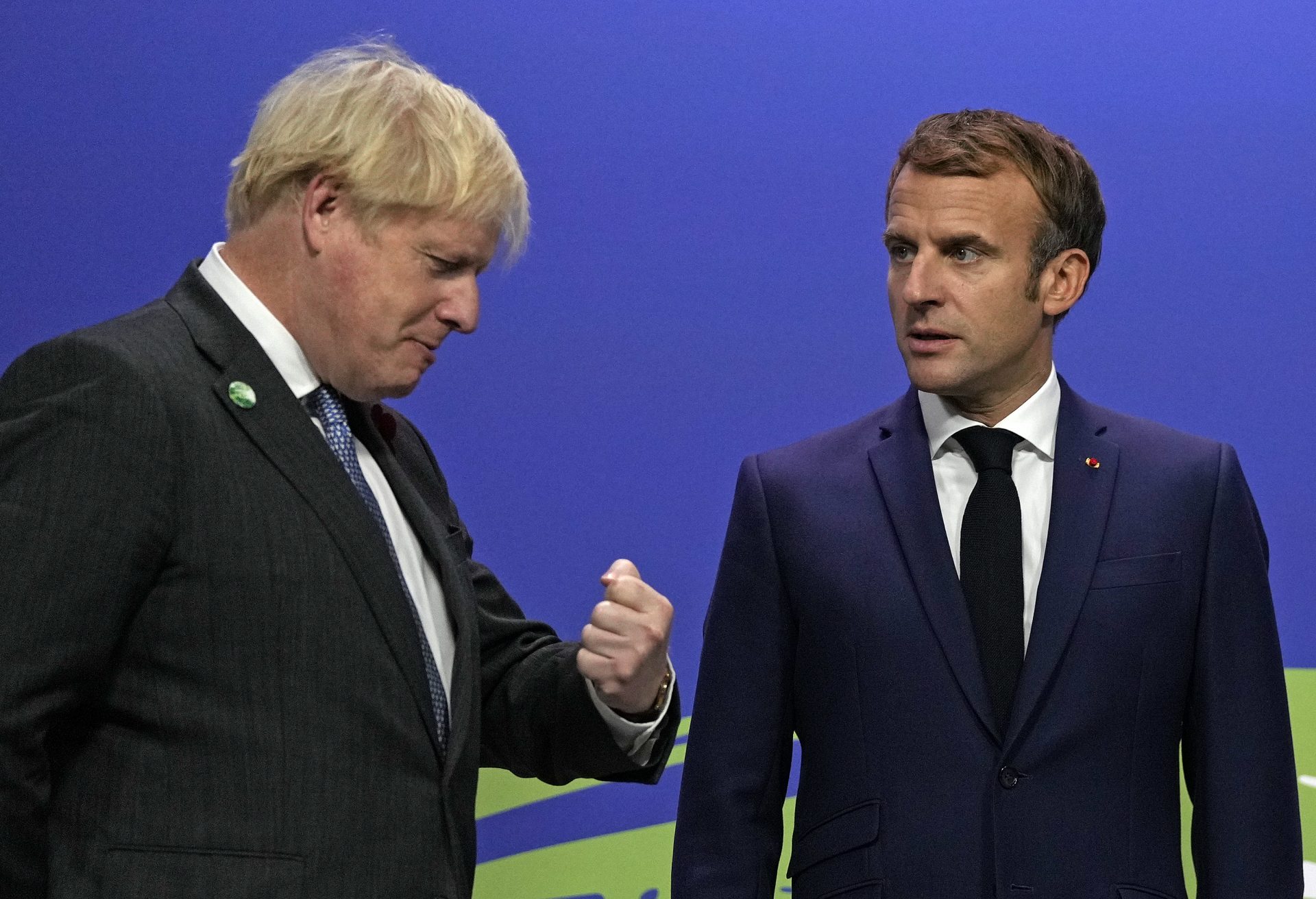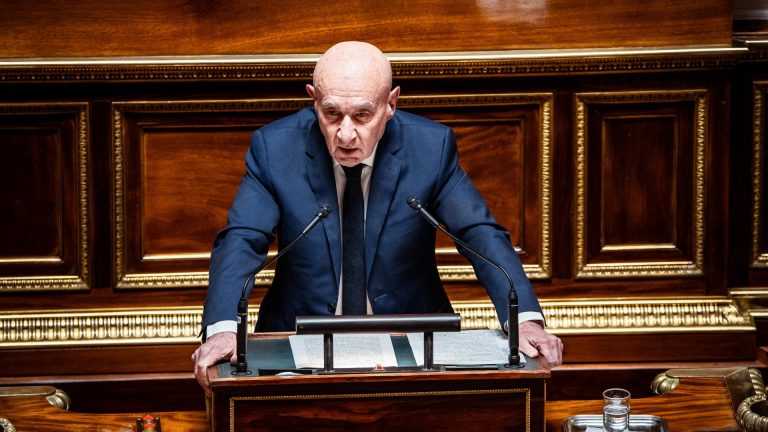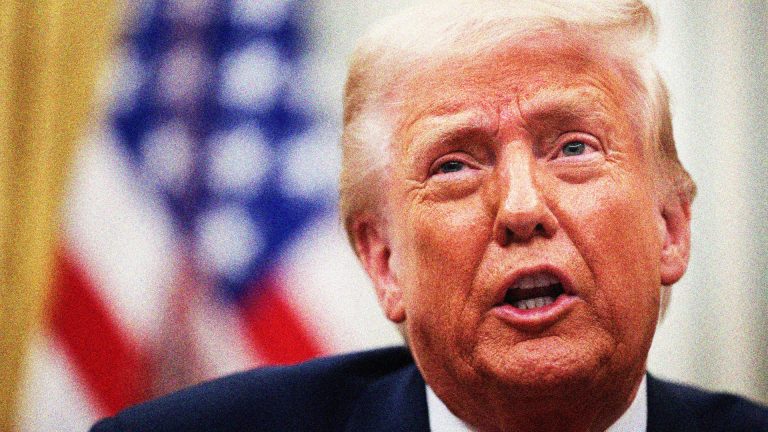As leaders of small island states threatened with annihilation from rising seas arrived in Glasgow for climate talks, some in the British government had their eyes on fractious waters closer to home as a row with France over fishing licences flared once more.
On the sidelines of the COP26 meeting, foreign secretary Liz Truss said the UK was prepared to use the dispute resolution mechanism in the Brexit trade deal against France if it did not withdraw what she called “unreasonable threats” and sort the issue in 48 hours.
France has said it will bar UK fishing boats from some ports and tighten custom checks on lorries entering the country unless Britain grants more fishing licences from Tuesday.
The post-Brexit fishing row has been a perennial tub-thumper on both sides of the Channel since the 2016 vote but this time, the mistranslation of a letter from French prime minister Jean Castex to European Commission president Ursula von der Leyen has whipped up even more of a frenzy with some British officials and media saying Castex wanted the EU to “punish the UK” for leaving the bloc.
In fact, Castex wrote that: “it is essential to demonstrate clearly to European public opinion that respect for formal commitments is not negotiable and that leaving the European Union has more disadvantages than remaining within it.”
Not quite the same thing but several reports in Britain omitted the first part of the sentence to focus on the idea that Castex was calling for a kind of retribution.
Some correspondents did row back as the original text got more media play.
For example, ITV’s political editor Robert Peston originally tweeted that prime minister Boris Johnson was “visibly angry” at the letter “which said the UK should be punished for leaving the EU.” Peston later acknowledged that “the PM’s interpretation of Castex’s resonant phrase is contentious”.
The BBC’s Laura Kuenssberg was also criticised for repeating the erroneous translation when she said the letter “talked about importance of EU public opinion being shown it was better to stay in the bloc than to leave.”
The BBC later published a story saying clearly: “Jean Castex’s missive did not, as has been suggested by the UK government and parts of the UK press, demand that Britain be punished for, or damaged by, leaving the EU. But it does say that the UK must be made to respect its legal promises and that the public must see that leaving the EU is more painful than positive.”
Johnson said he had been “puzzled” to read Castex’s letter while Brexit minister David Frost said he hoped the opinion was not held more widely across the EU, tweeting: “To see it expressed in this way is clearly very troubling and very problematic in the current context when we are trying to solve many highly sensitive issues, including on the Northern Ireland protocol.”
And there’s the real rub: the danger that the fishing row might evolve into a wider trade dispute that could also entangle the contentious Northern Irish protocol, which the UK has already threatened to suspend.
For now, depending on who you believe, the ball is in Britain’s court, or in France’s. It seems a lot in this dispute can be lost in translation.
Johnson met Macron privately on the sidelines of the G20 meeting in Rome on Sunday but if anything, the tête-á-tête seemed to make matters worse, with Downing Street denying French officials’ claims that the two countries had agreed to work on “practical and operational measures” to resolve the dispute in the coming days.
The issue is politically charged both in Britain and France. British officials have accused Macron of talking tough ahead of next year’s election while Johnson’s critics say the whole thing is a handy distraction from the increasingly evident costs of Brexit to the UK economy.
One thing’s for sure: this dialogue des sourds has a way to go yet.








